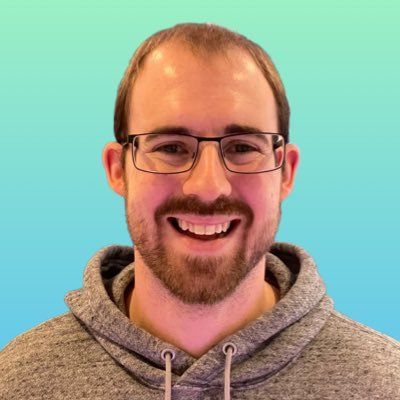Hey, so can you introduce yourself?
I’m Simon Barker, Full Stack Web Developer. I live in Warwick in the UK and am the founder of Career Switch To Coding. I arm new and early stage developers with all the skills required to go from unknown coder to turning down more job offers than you ever imagined.
I’ve had a very varied career since I learned to code and there was a period a few years ago when I was struggling to transition my career and find a dev job. My focus now is to make sure that no new developer has to suffer through a similar soul crushing journey.
Why did you learn to code?
I had three failed attempts at learning to code, once when I was 12, then again at 16 and once more on my degree at 18 years old. With each attempt I didn’t have a real reason to want to learn, I had a vague idea of making a game but I couldn’t draw a line from the boring terminal applications the books had me making and that destination of making the next Crash Bandicoot or Metal Gear Solid.
It wasn’t until I started my PhD in Electrical and Electronic Engineering that I had a real concrete reason to learn to code. I had been unleashed on a lab full of amazing equipment and an open remit to spend three years building something cool, it became very clear I needed to knuckle down and actually grok this coding thing. If not, my PhD was dead in the water, so I rolled up my sleeves and got stuck in.



